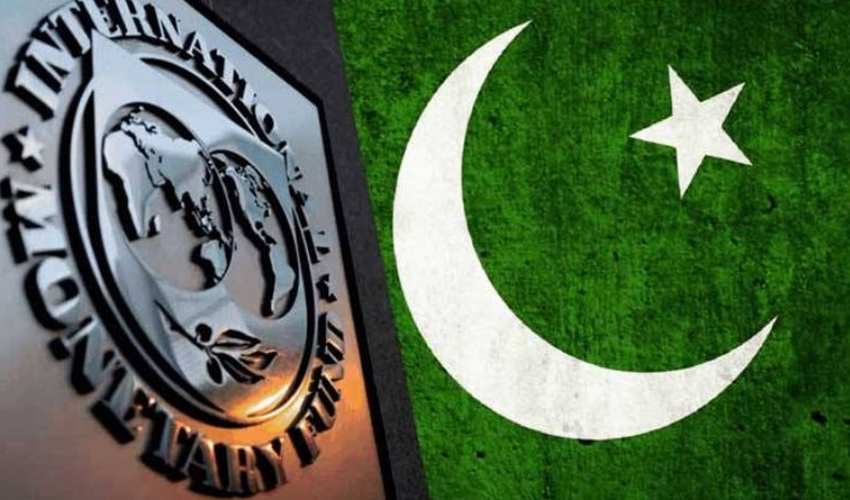Islamabad, Sep 29: IMF Projects Pakistan’s Economy to Grow by 3.2% in FY25
The lender’s Executive Board recently issued a statement regarding Pakistan, noting that the country has made significant strides in restoring economic stability through the consistent implementation of policies under the 2023-24 Stand-by Arrangement (SBA).
IMF Projects Pakistan still faces significant vulnerabilities and structural challenges.
A challenging business environment, weak governance, and a dominant state role hinder investment, which remains comparatively low.
IMF projects spending on health and education has been inadequate to combat persistent poverty, and insufficient infrastructure investment has restricted economic potential and increased vulnerability to climate change impacts.
Without a concerted effort toward adjustment and reform, Pakistan risks falling further behind its peers. Building on the stability achieved under the 9-month 2023 SBA, authorities are initiating renewed efforts to address these challenges, strengthen resilience, and foster sustainable growth. Key priorities under the new EFF-supported program include:
- Rebuilding policy-making credibility and ensuring macroeconomic sustainability through the consistent implementation of sound macro policies and broadening the tax base.
- Advancing reforms to enhance competition and boost productivity and competitiveness.
- Reforming state-owned enterprises (SOEs) to improve public service provision and the viability of the energy sector.
- Enhancing climate resilience.
After the Executive Board meeting, Kenji Okamura, Deputy Managing Director and Acting Chair, stated:
“The application of sound policies over the past year has been vital in restoring economic stability, reducing immediate risks, and rebuilding confidence. Growth has resumed, external pressures have eased, with reserves doubling over the past year, and inflation has significantly decreased.
Nevertheless, considerable structural challenges persist, requiring ambitious and sustained efforts to bolster Pakistan’s resilience and economic outlook. The authorities’ EFF-supported program serves as a crucial anchor for policies and structural reforms, providing a framework for partner financing.”
Continuing fiscal consolidation in FY25 and beyond is essential for achieving fiscal sustainability and reducing the crowding out of private investment.
Increasing revenue through broadening the tax base, eliminating special sectoral regimes, and imposing a fairer burden on previously undertaxed sectors (including industrialists, developers, and large-scale agriculture) will enhance equity and efficiency, creating necessary space for vital investments in human capital, infrastructure, and social spending.
